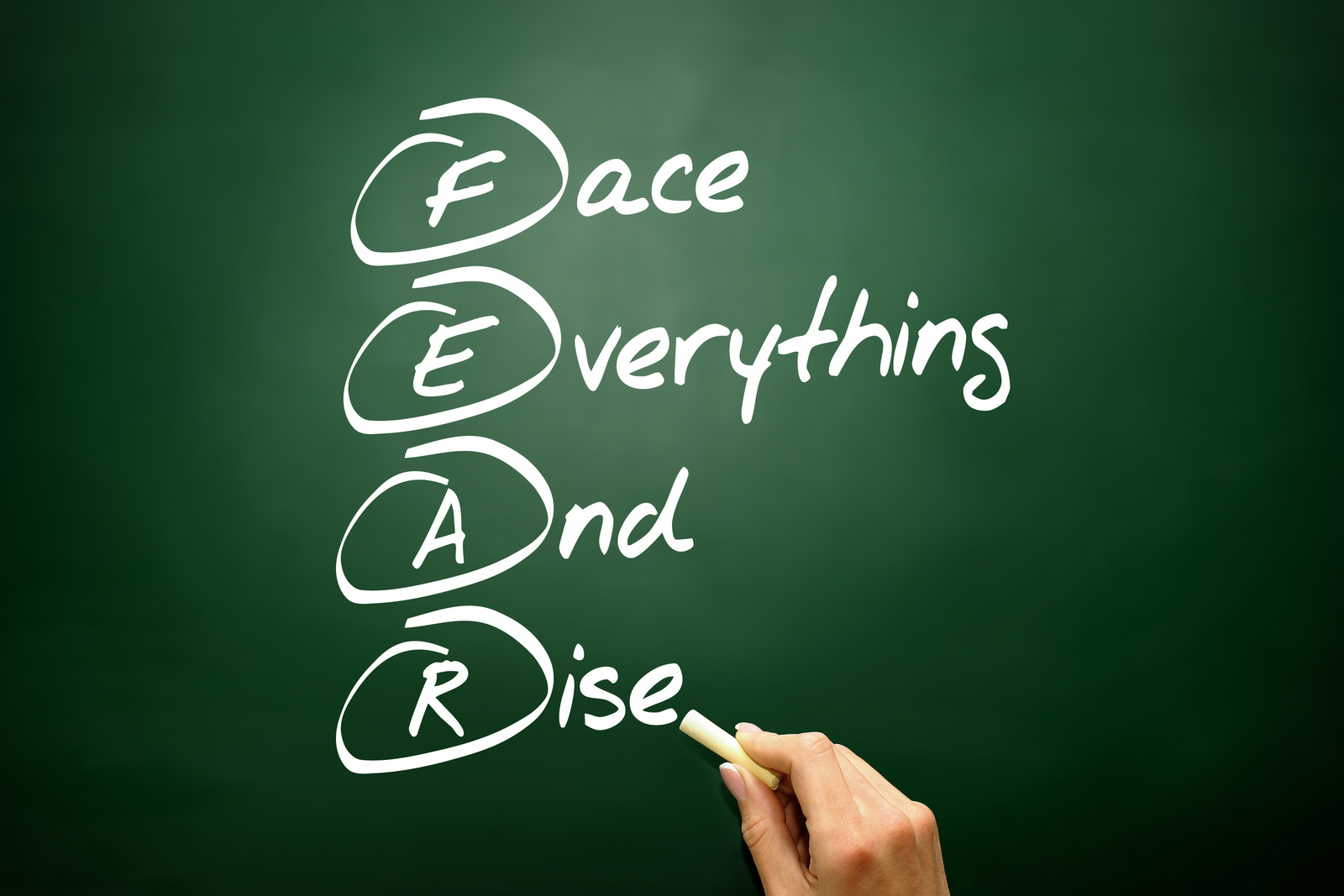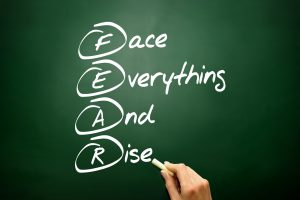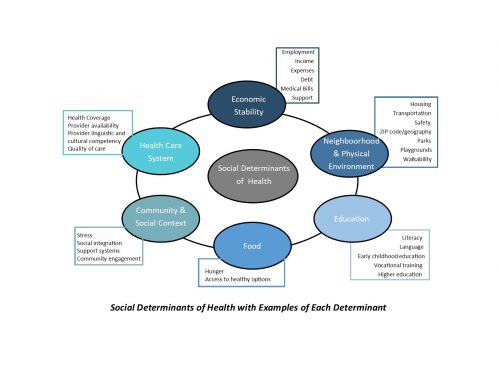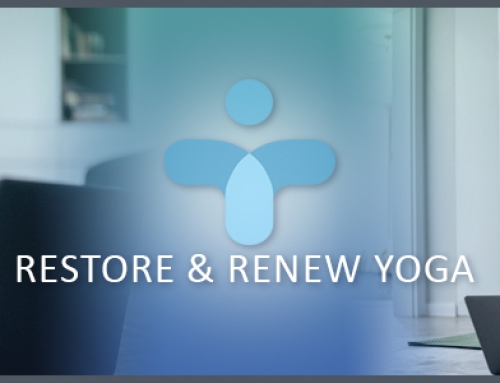I don’t know about you, but I am trying so hard to be brave. I put on my brave face and go out to exercise every day. I put on my brave face and try to focus on the work at hand each day, researching, communicating and developing resources for my company. I put on my brave face so my kids don’t worry about me while they go about their work in all different cities around this country. I put on my brave face when I FaceTime my grandkids, in hopes they look at this as a fun extended spring break. I put on my brave face when I speak with my 85-year-old mom, so she doesn’t see how worried I am that she is going to catch this virus. I put on my brave face when I FaceTime my friends and we play virtual Yahtzee, because no one wants to be around a depressing person at a time like this. I put on my brave face when I put posts on Facebook in hopes of helping to lift those around me.
But last night my brave face was replaced with my real face. The face that worries for everyone I know and love (and for myself). The face that instinctively looks for and reads obsessively all the news. The face that has trouble sleeping at night, eats too many comfort carbs and drinks a glass of Prosecco at 3 in the afternoon to “relax”. My husband saw which face was on last night, made me waffles for dinner, and made me put on Disney+. We watched two documentaries, one on African elephants and their migration and one on dolphins.
These documentaries were just what I needed to view that night. First up were the elephants. The movie details the thousand-mile journey of an elephant family — led by the matriarch, Gaia — who trek across the Kalahari Desert to find water at the Zambezi River. The movie talks about the fact the elephants will never leave anyone behind. They have a strong familial bond, and honor those who are lost. A baby is born on the trek, and they slow down to ensure the safety of the weakest. They either make it all together or they don’t make it. They would never survive unless they all stick together and support each other.
The movie, Dolphin Reef tells the story of Echo, a young Pacific bottlenose dolphin who seems more interested in exploring the coral reef rather than learning how to survive. In this movie, there is also a mother humpback whale who migrated down from the Arctic to have her baby and to meet a male humpback in hopes he will help protect her and her baby on the way back up north when it will be safe to travel with her baby. She sent out a signal to the males in the area that she was in the location and looking for support. The male whales all competed for her attention and the strongest one in her opinion was chosen to be the foster father.
We also meet a group of killer Orcas who prey on the weak, and anyone smaller than them. First, the Orcas pick on Echo and his mom. However, their pod comes to the rescue, and the Orcas retreat. Then they find the mother whale and baby and set their sights on the baby. The baby promptly swims up on the mom’s back, and is momentarily safe, however the Orcas then start making waves with their fins to knock the baby off his mom’s back. She promptly sets out a distress signal to her significant other to come and help. They place the baby between them and attempt to fend off the Orcas. When it remains overwhelming and it looks like they are going to lose the baby, foster dad sends out a distress signal to the other male humpbacks in the area. Remember they lost out to this guy, but when the going gets tough they all banded together and fought off the Orca attack together.
After thinking about these two movies which inevitably made me feel better because of the beauty and escapism they afforded, I was left with some additional thoughts that I was able to pull together during my walk this morning.
- All life is beautiful and valuable.
- Protect and honor the weakest, youngest, and oldest among us.
- Don’t abandon your family or team when the going gets tough.
- Even when you are the loser in a competition – when the going gets tough you just roll up your sleeves and make sure you pitch in for the common good. You don’t hope the other team fails because you lost.
- We are most successful when we stick together and work together.
- When someone sends out a signal for help, you don’t say why, you say how.
- We must keep trying.
In my opinion, we need to do these things in both our personal and work lives. Currently it seems harder to separate the two. Perhaps it is because so many of us are working from home and have begun to share photos and vignettes from our personal lives. I feel like I know many of you better now that we are separated then when we all met at conferences.
While we continue to see division among our elected officials, and what I regret to see as the beginnings of a finger pointing campaign (from both sides of the aisle), we can in our own personal lives demand positivity during these troubling times. We can also demand our elected officials do their best to band together to conquer this disease, and when we are in recovery mode, we can brainstorm as to how to better prepare in the future. That is much different than a blame game. If we played the blame game in our personal lives, we would cause irreparable harm to those relationships, wouldn’t we?
In our work lives, more than ever, we need to stay connected. We at CompAlliance are embracing video chat for our internal conversations and meetings. Also, we continue to ask our clients what they need right now. What can we do to help? If we cannot provide whatever you need, I hope our staff are finding a way to help you find what you need. If you need assistance with your Recovering Workers, or your internal staff, we are here to help. I think as we of the workers’ compensation community encounter a need, and then as this community, find a new creative way to accomplish that need, it may help us to keep on our brave faces. We will know this disease will not conquer us – we will conquer it.





